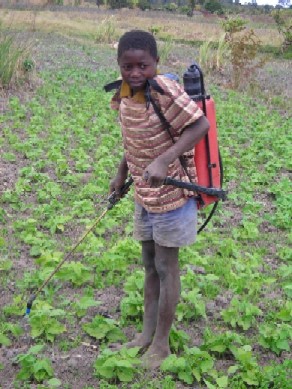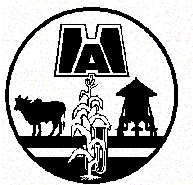

|
HOME |
| What's New? |
| Pesticidal Plants |
| Objectives |
| Activities |
| Working with Farmers |
| Plants Database |
| Partners |
| Documents |
| Publications |
| Links |
| Contact Us |
| Using this Site |
THE SOUTHERN
AFRICAN PESTICIDAL PLANTS PROJECT
Caesalpinioid Woodlands of Southern Africa: Optimising the Indigenous
Use of Pesticidal Plants
|
This project officially ended on the 31st of December 2009. It sought to improve the livelihoods of farmers in Southern Africa by enhancing the use of pesticidal plants. A new project called the ADAPPT project builds on the activities that took place in the SAPP project, and we encourage visitors to go to the ADAPPT website for further developments. The SAPP project was funded by the Implementation and Coordination of Agricultural Research and Training (ICART) Programme of the Southern African Development Community (SADC) Region. It brought together University, NGO and government partners from Malawi, Zambia, Zimbabwe and the UK.
|
|








